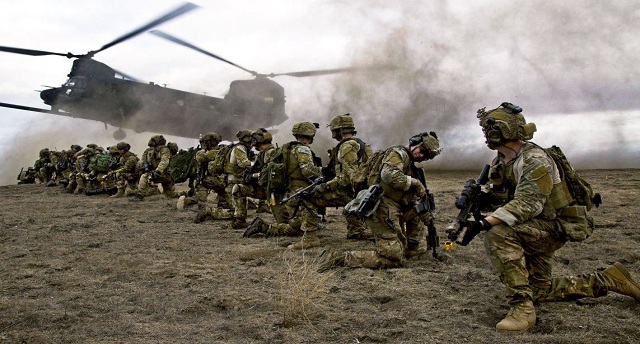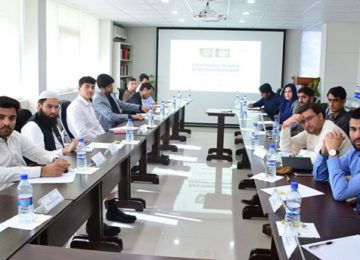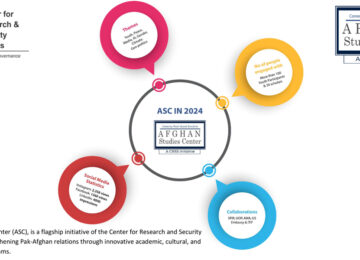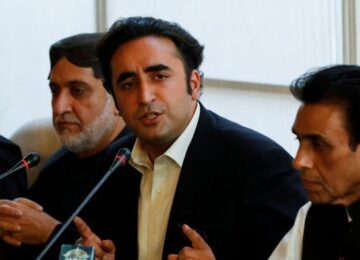Kabul is a democracy in name only.
by Arif Rafiq
Two elections are scheduled in Afghanistan over the next eight months. And they will be consequential not just for determining the balance of power in Kabul, but also for the legitimacy and survival of the post–9/11 system that is in place.
It is highly probable that the results of the October parliamentary and district council polls and April presidential elections will be disputed. A checkered electoral process, combined with other rising drivers of ethnic discord, raises the risk of the Afghan political system and security forces fracturing on ethnic lines.
It is critical that the United States and international community develop a backup plan in the event the presidential elections do not take place or their results are rejected by the designated losers, who then threaten violence. A loya jirga or pan-Afghan constitutional conference backed by the international community may be necessary next year.
The Election to End All Elections?
Afghanistan has held three presidential and two parliamentary elections since the advent of the existing political system in the aftermath of the 9/11 attacks, the subsequent U.S. invasion, and the 2001 Bonn conference. Every election has been marked by wide-scale rigging and challenging of the final results. With each election cycle, the risk of post–election violence has risen, posing a greater threat to the existence of the political system fitted onto Afghanistan after Bonn.
The disputed 2014 elections almost brought the country to civil war, which was only averted by a power-sharing deal brokered by then-U.S. Secretary of State John Kerry. A so-called national unity government was formed, but the designated winner of those elections, President Ashraf Ghani, has failed to abide by the terms of the agreement with Dr. Abdullah Abdullah, who was given the title of chief executive officer.
In the four years since those polls, Afghanistan has failed to enact decisive election reform that would meaningfully reduce the probability of large-scale rigging. As a result, the patience of many political forces in the country—especially factions of the Jamiat-e Islami and other non-Pashtun parties, whose power has been eroding in recent years—is wearing thin.
The international community has invested considerable time and money in strengthening Afghanistan’s ability to hold free, fair and credible polls. And the fairness of the upcoming elections has featured in phone conversations between Ghani and U.S. Vice President Mike Pence since last November.
But the safe bet is that Afghanistan will see a reoccurrence of the type and scale of rigging witnessed in the past. Scott Worden, an American expert on Afghanistan’s elections warns that
“improbably high registration rates present an even greater risk to electoral integrity because they point to possible fraud in the voter registration process that increases the risk of ballot stuffing.”
Opposition forces in Afghanistan are now demanding the imposition of biometric verification to reduce the risk of rigging. While such a system would make rigging more difficult, there simply isn’t the requisite time or human resources in Afghanistan to implement it nationally. The choice Afghanistan faces is between another set of flawed elections or no elections at all. Elections—and more specifically, the presidential elections—may end up being an exercise in futility or doing more harm than good.
To continue reading, visit Nationalist Interest.








